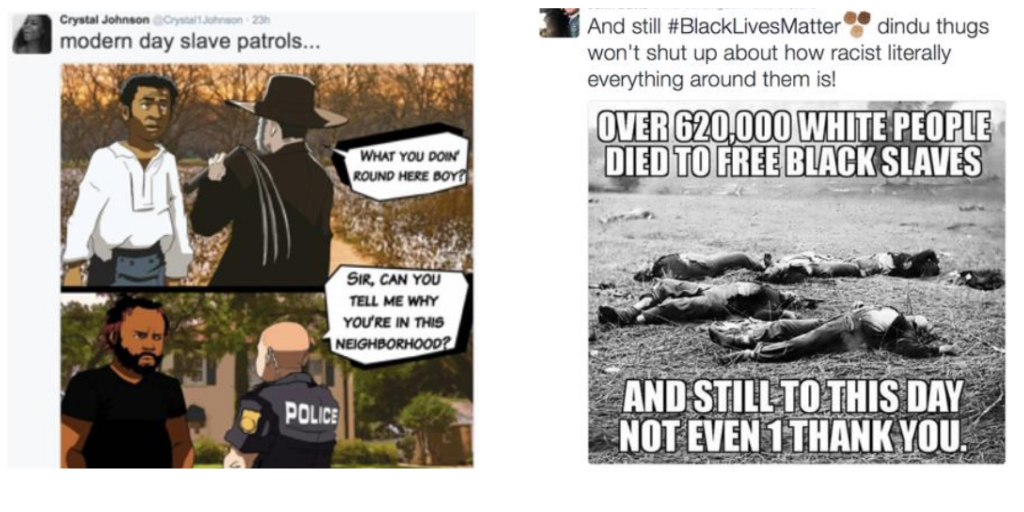Russia’s return to the global stage as a major power relies on an array of diplomatic, information, security, and economic tools that help the Kremlin punch above its weight, notes Nathaniel Reynolds, a visiting scholar in the Russia and Eurasia Program at the Carnegie Endowment for International Peace.
One of the newest instruments in that toolbox is the Wagner Group—a shadowy band of mercenaries loyal to the Kremlin and controlled by Yevgeniy Prigozhin, a member of President Vladimir Putin’s coterie, he writes:
Russian and Western media have been following the group’s expanding footprint from Ukraine and Syria to Sudan, the Central African Republic, and now possibly Libya and Venezuela. But despite the significant attention, Western understanding of Wagner’s role and capacity is still incomplete at best. This is partly due to Moscow’s relentless disinformation campaigns and efforts to deny responsibility for Wagner’s operations.
But Western democracies are beginning to counter autocratic misinformation.
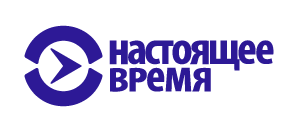 Launched in 2017 with Congressional support, the Current Time television and digital network provides Russian speakers across Russia, Ukraine, Central Asia, the Caucasus, the Baltics, Eastern Europe, and as far away as Israel with access to accurate, topical, and trustworthy information, notes John F. Lansing, CEO of the US Agency for Global Media. It serves as a reality check on the disinformation that drives conflict in the region, he will tell the House Appropriations Subcommittee on State, Foreign Operations, and Related Programs hearing on United States Efforts to Counter Russian Disinformation and Malign Influence.
Launched in 2017 with Congressional support, the Current Time television and digital network provides Russian speakers across Russia, Ukraine, Central Asia, the Caucasus, the Baltics, Eastern Europe, and as far away as Israel with access to accurate, topical, and trustworthy information, notes John F. Lansing, CEO of the US Agency for Global Media. It serves as a reality check on the disinformation that drives conflict in the region, he will tell the House Appropriations Subcommittee on State, Foreign Operations, and Related Programs hearing on United States Efforts to Counter Russian Disinformation and Malign Influence.
Media space funding consists of four major categories of activities: media literacy, increased access to objective information, capacity-building, and strategic communications, he told the hearing, according to Jim Kulikowski, the State Department’s Coordinator for U.S. Assistance to Europe, Eurasia, and Central Asia (AEECA). It is implemented through USAID, DRL, embassy public affairs sections, and Assistance to Europe, Eurasia and Central Asia (ACE) through a grant to the National Endowment for Democracy, he will tell the hearing.
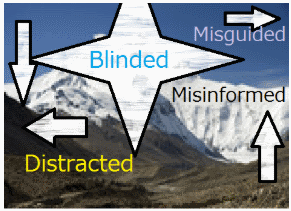
Hitoshi Kokumai
Specific counter-Kremlin efforts fall into three categories: Analyze, Build, and
Communicate, says Lea Gabrielle,
Special Envoy & Coordinator for the State Department’s Global Engagement Center:
- First, analyze. We believe strongly that it is vital to understand Russian tactics and goals if we are to address them. The GEC has invested heavily in capabilities that allow us to answer three core questions: Who are the Russians targeting? How are they targeting these people? And how effective are their actions? We answer these questions by combining traditional market research approaches like focus grouping and polling with modern techniques that rely on machine learning to understand the online information environment.
 Second, build. Once we better understand these tactics and goals we can address
Second, build. Once we better understand these tactics and goals we can address
them. This often starts with building the capability of our foreign partners to
quickly identify disinformation and respond effectively. Currently we are
supporting both international initiatives that include foreign governments as well
as on-the-ground civil society actors. For civil society actors, the GEC has funded an implementer to train civil society actors in 14 European nations. The training enables the civil society organizations to help their communities rapidly identify and respond to disinformation in locally relevant ways.
Third, communicate. Russian disinformation often takes advantage of information vacuums. Together with our partners, we must fill the information space with positive, fact-based narratives. Congress provided the GEC with an important tool to meet this need – the ability to hire private sector advertising and marketing firms. We know what story we want to tell. It is crucial to have local communications professionals help us tailor that story to local audiences. They understand the market, and they understand how to message to the market in the most appealing fashion.
To this day, governments arbitrating “truth” is a defining characteristic of dictatorships and repressive regimes, notes analyst Kalev Leetaru. Democracies have no such arbitrators, allowing the public to define “truth” through consensus. Yet in our rush to combat digital falsehoods, we are increasingly embracing the idea of a handful of for-profit companies becoming the ultimate arbitrators of “truth” for the modern world, he writes for Forbes.
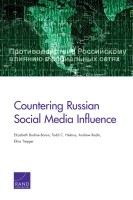 While several promising partnership initiatives have cropped up around the world, additional incentives are necessary for Facebook and other internet intermediaries—which at their core are businesses aimed at gaining profit—to ensure systematic, effective cooperation with civil society in targeting election-related disinformation, notes Lolita Berzina, Freedom House Media Policy Fellow for Europe & Eurasia:
While several promising partnership initiatives have cropped up around the world, additional incentives are necessary for Facebook and other internet intermediaries—which at their core are businesses aimed at gaining profit—to ensure systematic, effective cooperation with civil society in targeting election-related disinformation, notes Lolita Berzina, Freedom House Media Policy Fellow for Europe & Eurasia:
Such incentives could come in various shapes and forms, including additional political pressure, involvement of the largest tech companies in policymaking discussions, and the promotion of self-regulatory codes. The EU is currently leading the way in Europe, and the Council of Europe has touched upon the issue somewhat. However, citing again one of the speakers of the Media Policy Forum—Nika Aleksejeva, Community Manager in the Digital Forensic Research Lab—further discussion and innovation is needed in order to find effective and collaborative ways to fight disinformation.
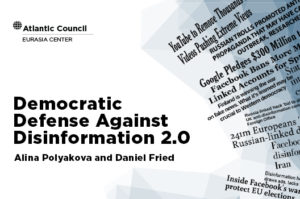 Unless you can have debates based on a commonly agreed upon set of facts, you cannot have democracy at all, historian and journalist Anne Applebaum* told Andrew Keen (above) during the Bertelsmann Foundation’s Washington Symposium on How to Fix Democracy.
Unless you can have debates based on a commonly agreed upon set of facts, you cannot have democracy at all, historian and journalist Anne Applebaum* told Andrew Keen (above) during the Bertelsmann Foundation’s Washington Symposium on How to Fix Democracy.
It took 3 to 10 days for the Russian Internet Research Agency to increase polarization of the #BlackLivesMatter debate on Twitter, research by scholars from Oxford and Amsterdam universities shows (HT: EU vs Disinfo).
At least one democracy is making an effort to strengthen resilience to online disinformation.
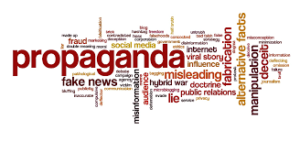 Canadian Heritage will also invest $19.4 million over four years in a new Digital Citizen Research Program to help Canadians understand online disinformation and its impact on Canadian society, and to build the evidence base that will be used to identify possible actions and future policy-making in this space, reports suggest.
Canadian Heritage will also invest $19.4 million over four years in a new Digital Citizen Research Program to help Canadians understand online disinformation and its impact on Canadian society, and to build the evidence base that will be used to identify possible actions and future policy-making in this space, reports suggest.
The absence of a valid digital identity platform could force our descendants to experience erosion of democracy, if left unsolved, analyst Hitoshi Kokumai contends. Such a platform is indispensable for sustaining democratic societies and human rights in the cyber era, perhaps until our descendants get to live a safe and democratic life without depending on anything like digital identity.
*A National Endowment for Democracy board member.
